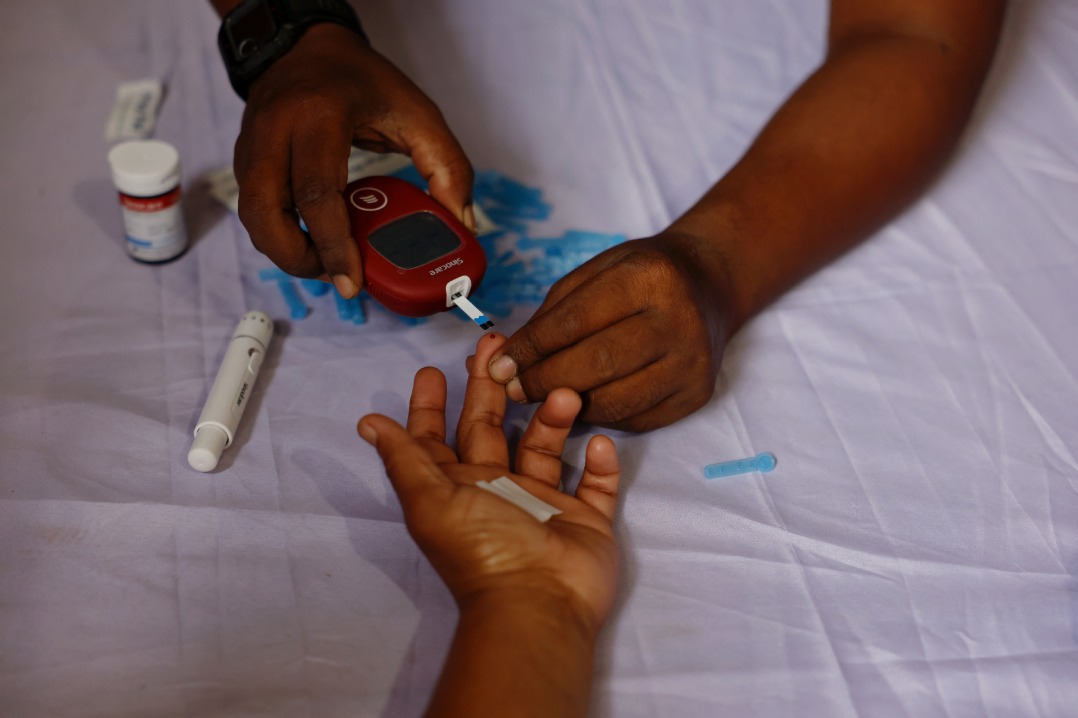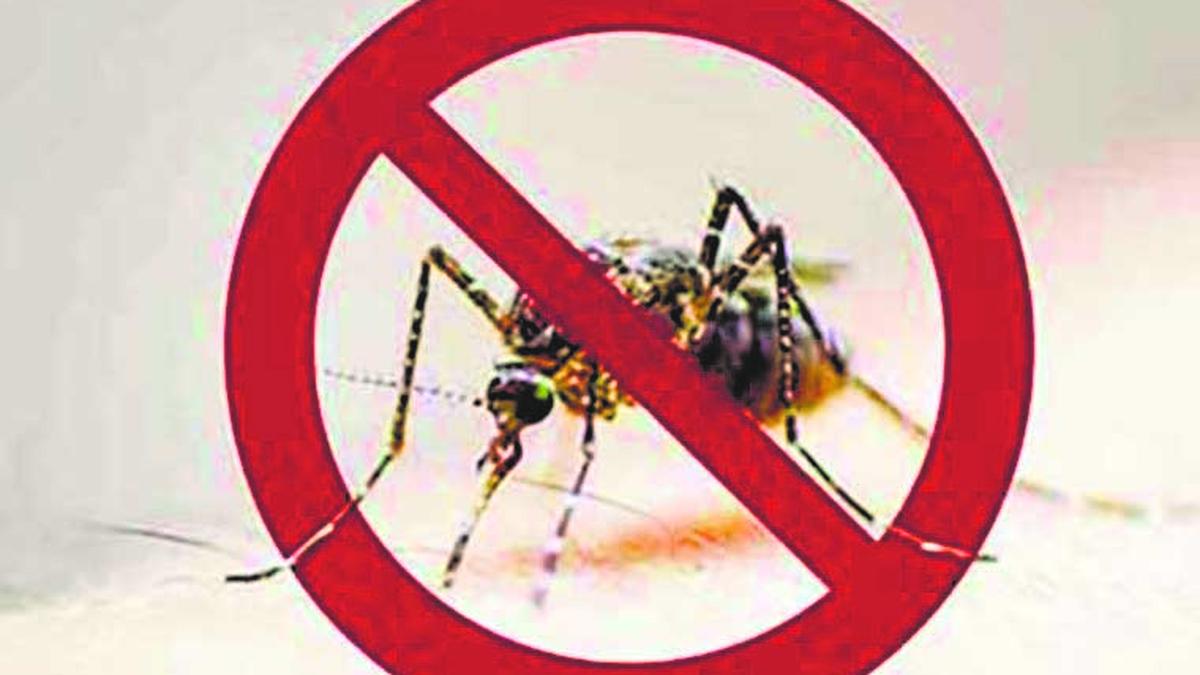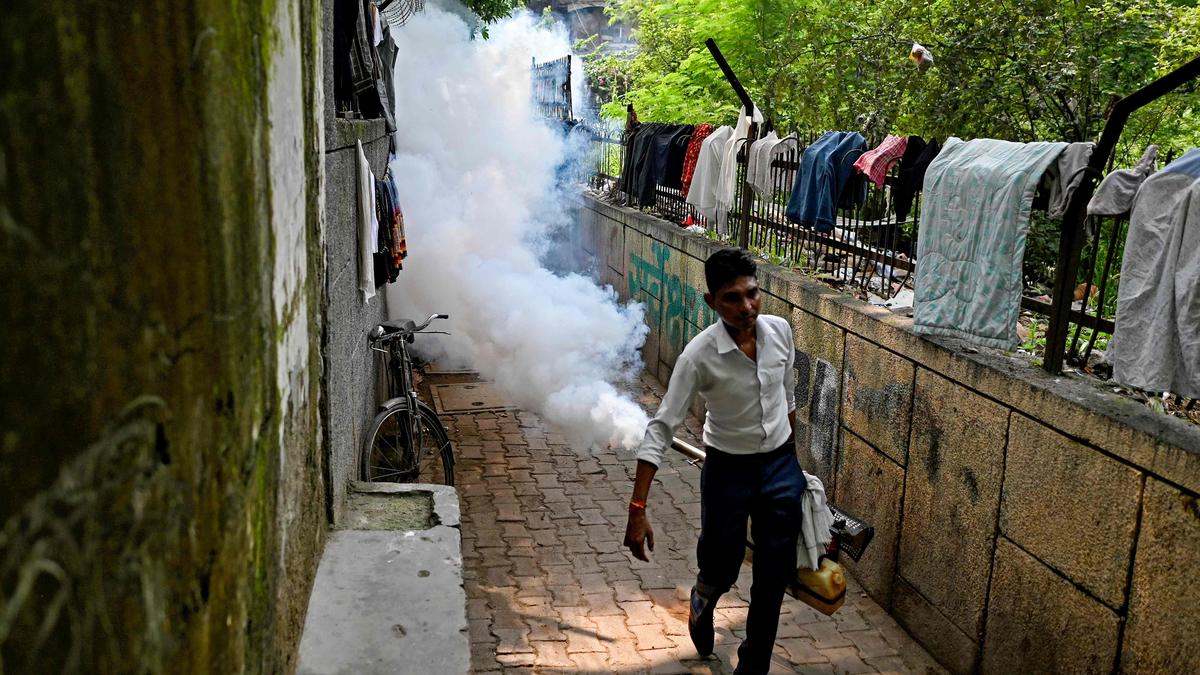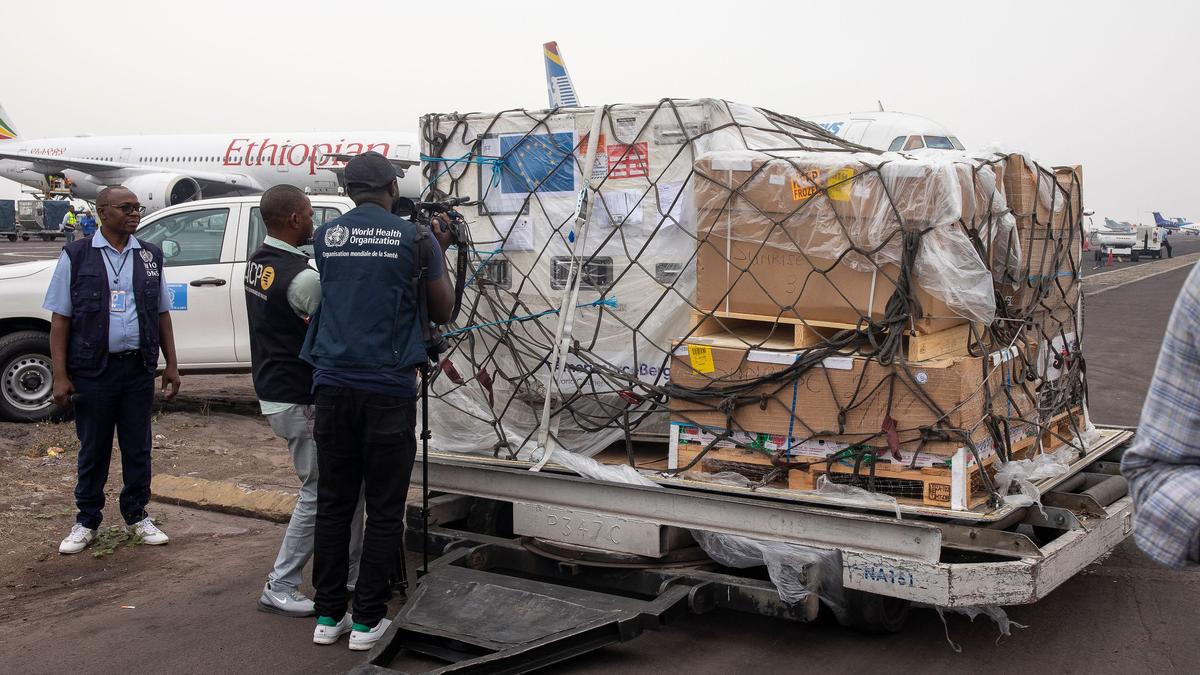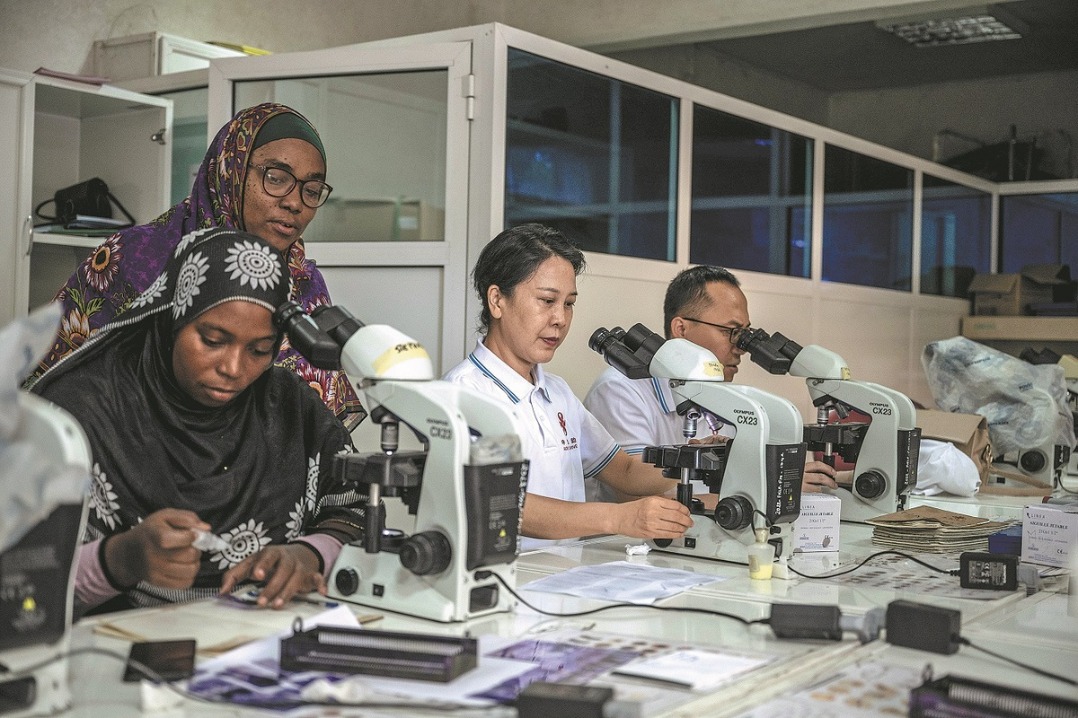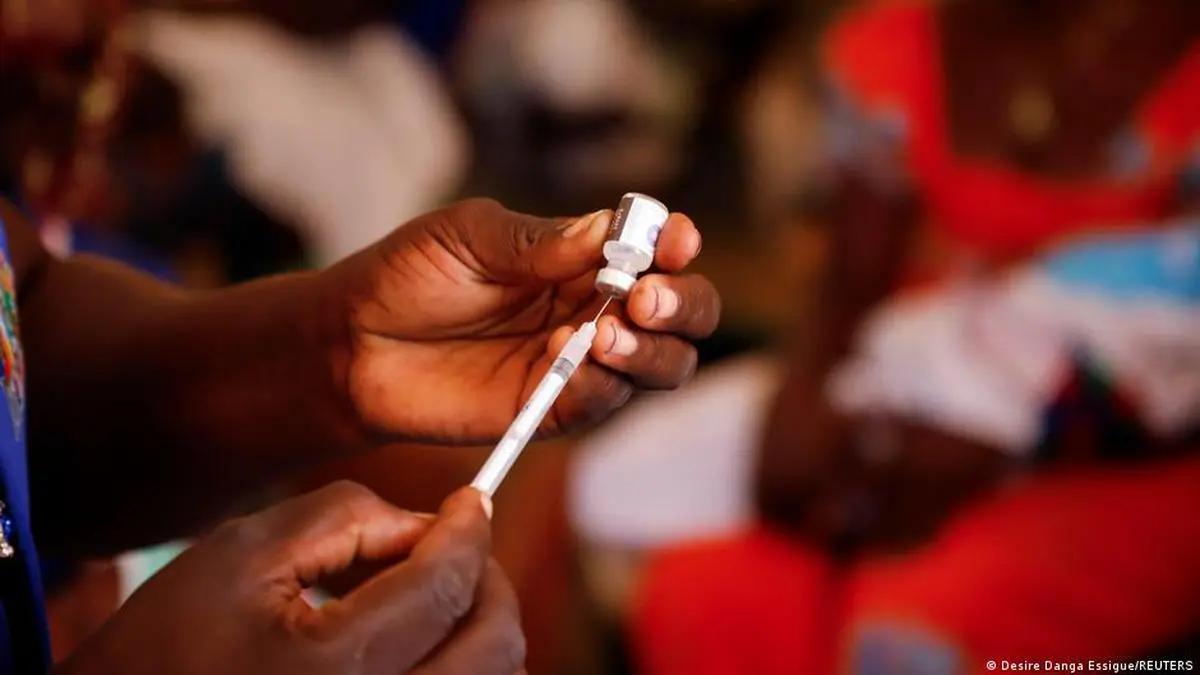
Global malaria cases become stagnant, sparking questions about control, funding, adaptation and challenges
The HinduPublished : Apr 26, 2024 16:32 IST - 5 MINS READ After two decades of falling incidence numbers, malaria cases worldwide since 2015 have not declined as many hoped, and, in some areas, they are even increasing. “If the global malaria incidence and mortality rate in 2000 were applied to populations at risk annually to 2020, the investments made over the past 20 years would have contributed to an estimated 11 million lives saved and 1.7 billion cases averted since 2000,” the WHO wrote. “Malaria control, you have to see it as an arms race,” Umberto D’Alessandro, a malaria researcher and leader of the London School of Hygiene and Tropical Medicine’s Medical Research Council Unit in The Gambia, told DW. “Obviously there have been successes, but I think people are starting to realize it’s not going to be a very straightforward thing.” Calling for an in-depth look into malaria crisis White, the malaria researcher at Oxford, pushes back on the idea that the stagnation can be conclusively explained by vector ability to quickly circumvent interventions. “There’s been no in-depth analysis, at least that I’m aware of—and I should be aware of it—which really explains why they estimate malaria has got worse since 2015,” White told DW, speaking about the WHO’s malaria case estimates.
History of this topic

WHO World Malaria Report 2024: India’s fight against malaria: Cases drop by 93 percent, deaths by 68 percent in 2023
India Today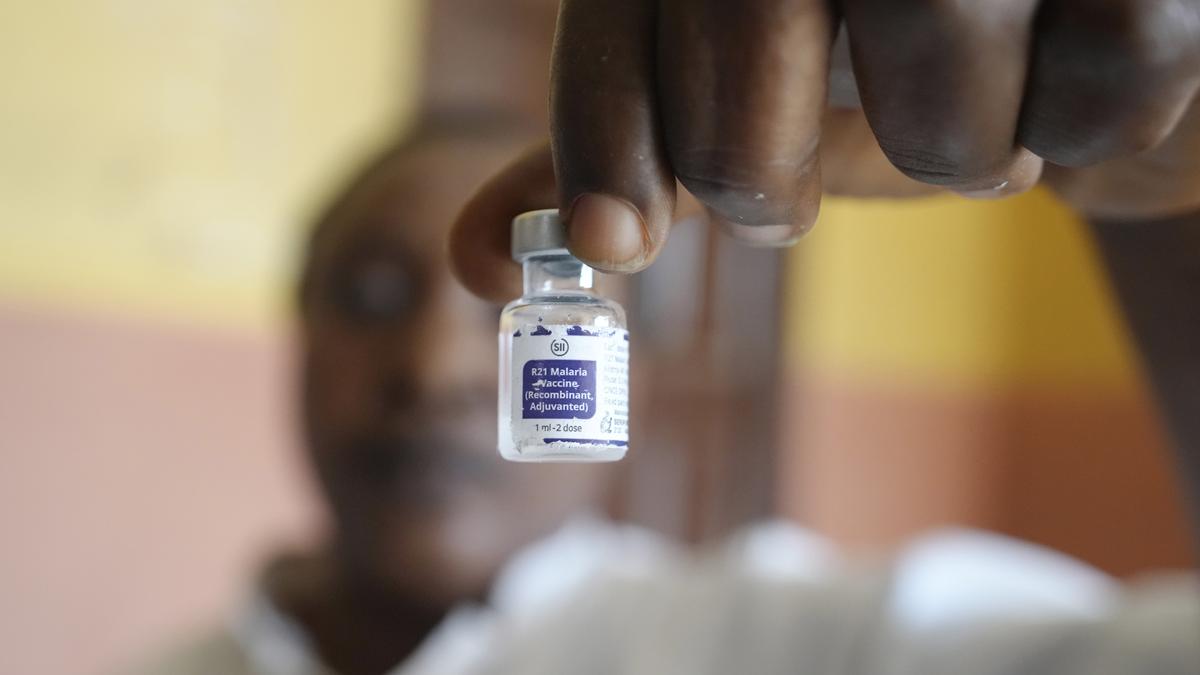
India accounts for half of all estimated malaria cases in 2023 in South-East Asia Region
The Hindu
India makes 'significant progress' in malaria control; deaths drop by 68%: WHO report
New Indian Express
‘New era’ in malaria control begins with vaccination campaign for children in Ivory Coast
The Independent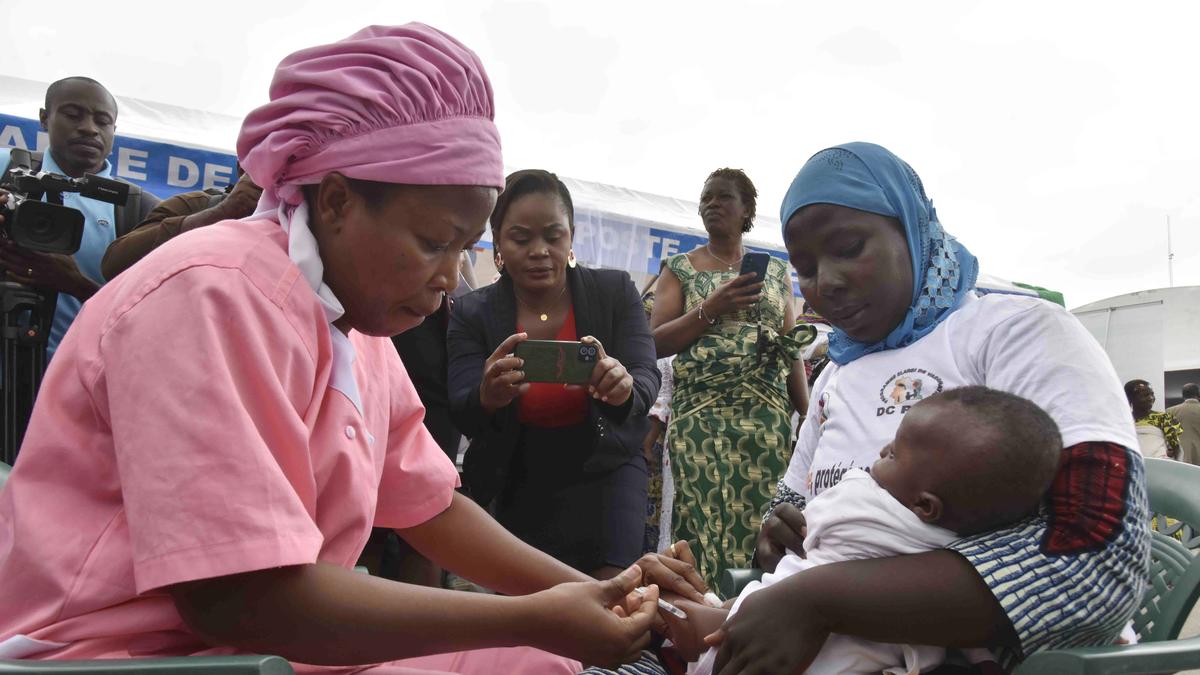
A ‘new era’ in malaria control has begun with a vaccination campaign for children in Ivory Coast
The Hindu
Serum Institute of India's new 'high efficacy' malaria vaccine rolls out in Africa
India Today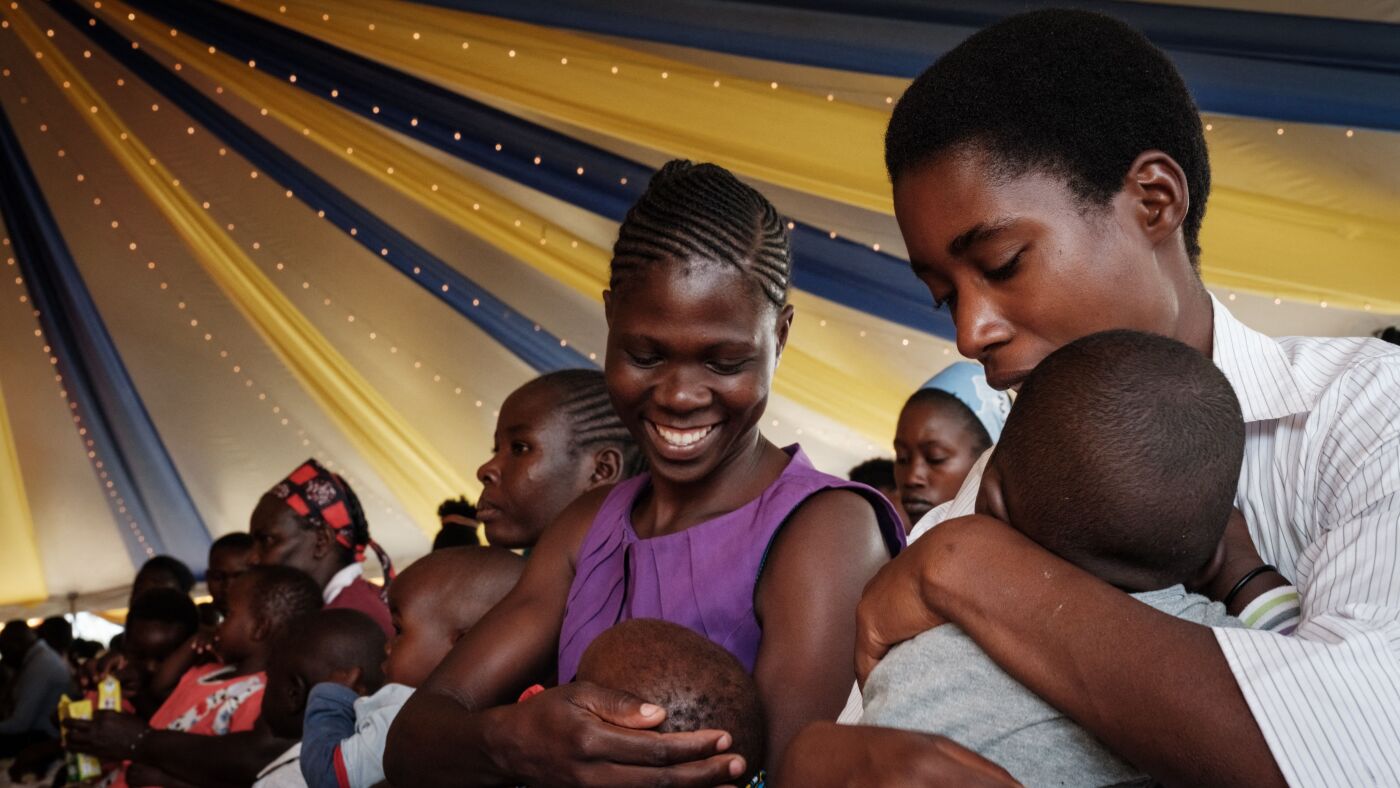
New malaria vaccine delivered for the first time
NPR
SII sends first batch of malaria vaccine to Africa
Live Mint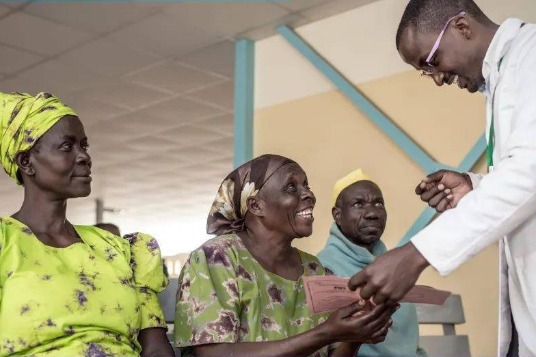
Africa makes strides in fighting Malaria
China Daily
Africa makes strides in fighting Malaria
China Daily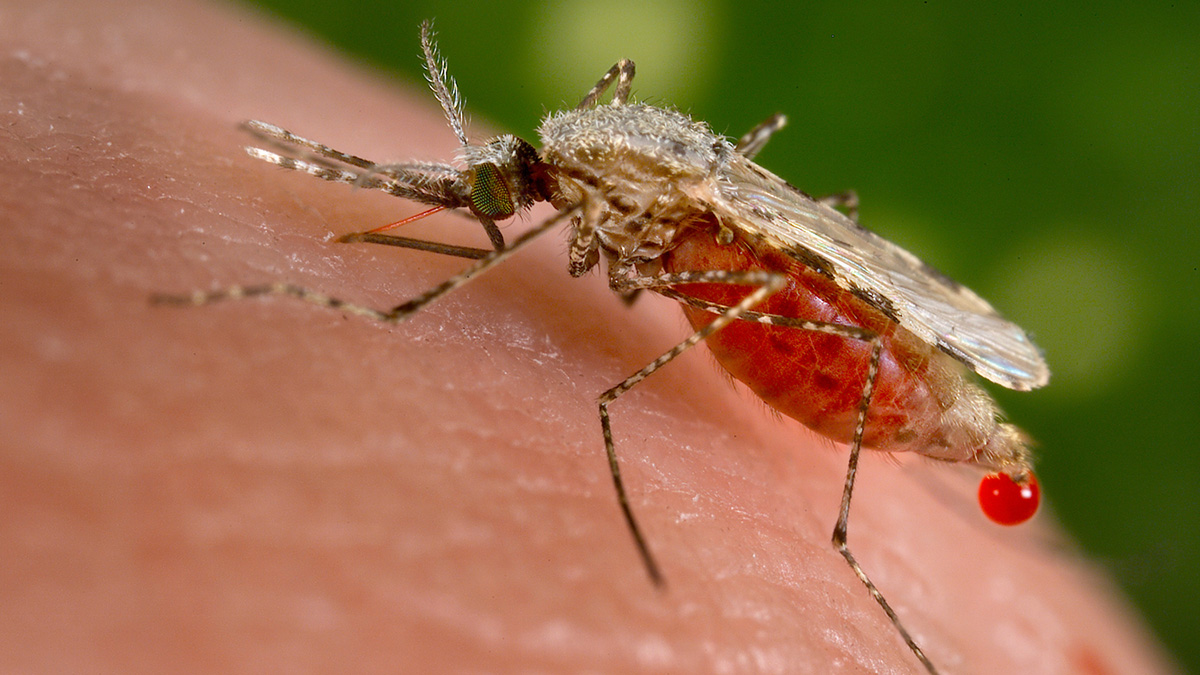)
Need for a global crusade against malaria
Firstpost
World Malaria Day 2024: 10 things you didn't know about the disease
India TodayMalaria is still killing people in Kenya, but a vaccine and local drug production may help
Associated Press
Cambodia on right track to achieving malaria-free goal by 2025: PM
China Daily
Could new vaccines end malaria in Africa?
Al Jazeera
Health talk | The new malaria vaccine can reduce morbidity and death, study finds
Hindustan TimesCameroon starts world’s first malaria vaccine program for children
Associated Press
7.5 million new cases of TB in 2022: WHO report
The HinduClimate change impeding fight against AIDS, TB and malaria
The HinduAs temperatures rise, mosquitoes are also on the move. Scientists worry that could mean more malaria
Associated Press
Nagaland witnesses decrease in Malaria positive cases; 8,479 in 2009 to only five in 2022
The HinduMalaria cases went down in TS in last nine years
Deccan ChronicleOn World Malaria Day, the battle against malaria and beyond
The Hindu
Malaria Cases Record 45% Drop in 2020, India on Track to Eliminate Mosquito-borne Disease by 2030
News 18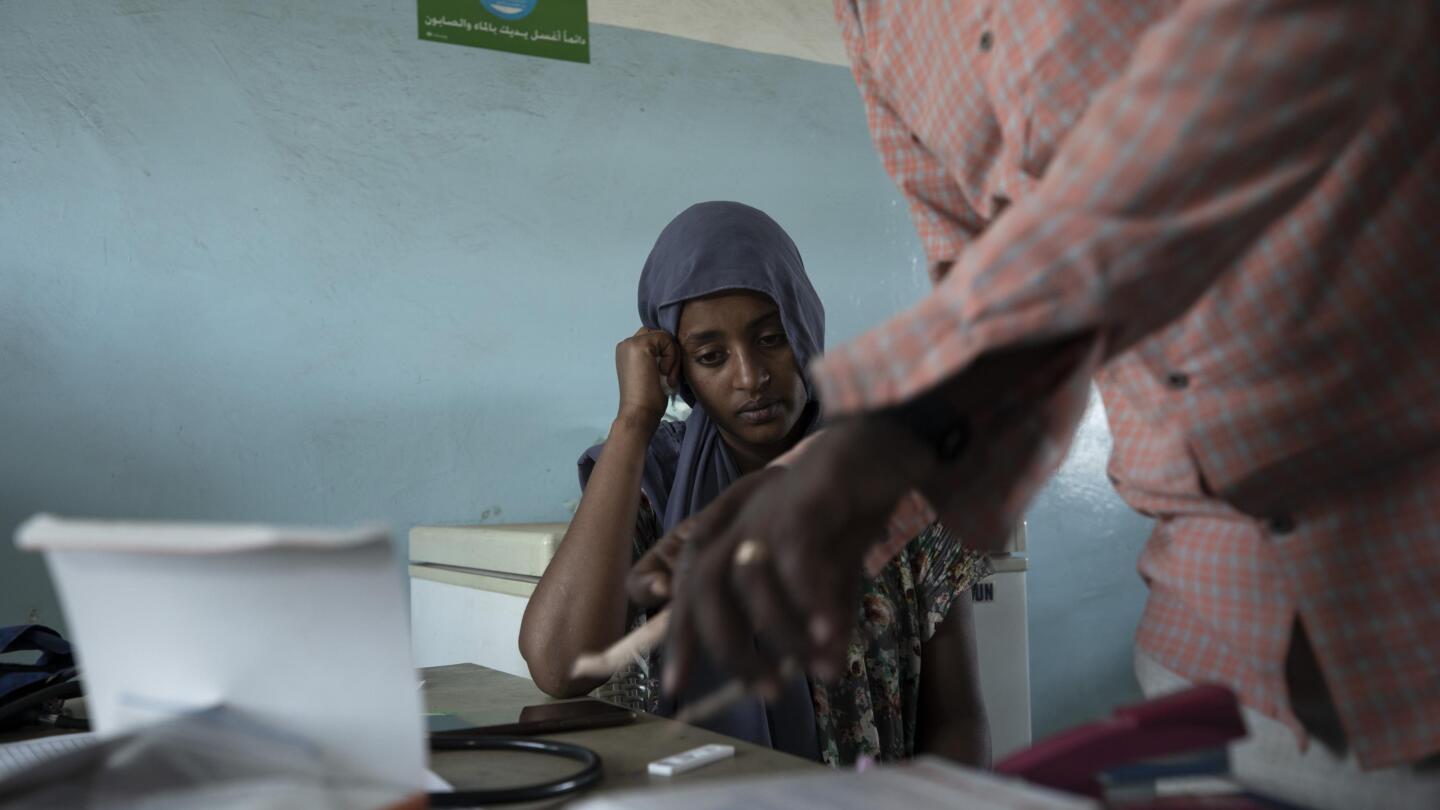
WHO: COVID disruption resulted in 63,000 more malaria deaths
Associated Press
How India Took Sting out of Malaria Could Become Global Example, Says US Expert to News18
News 18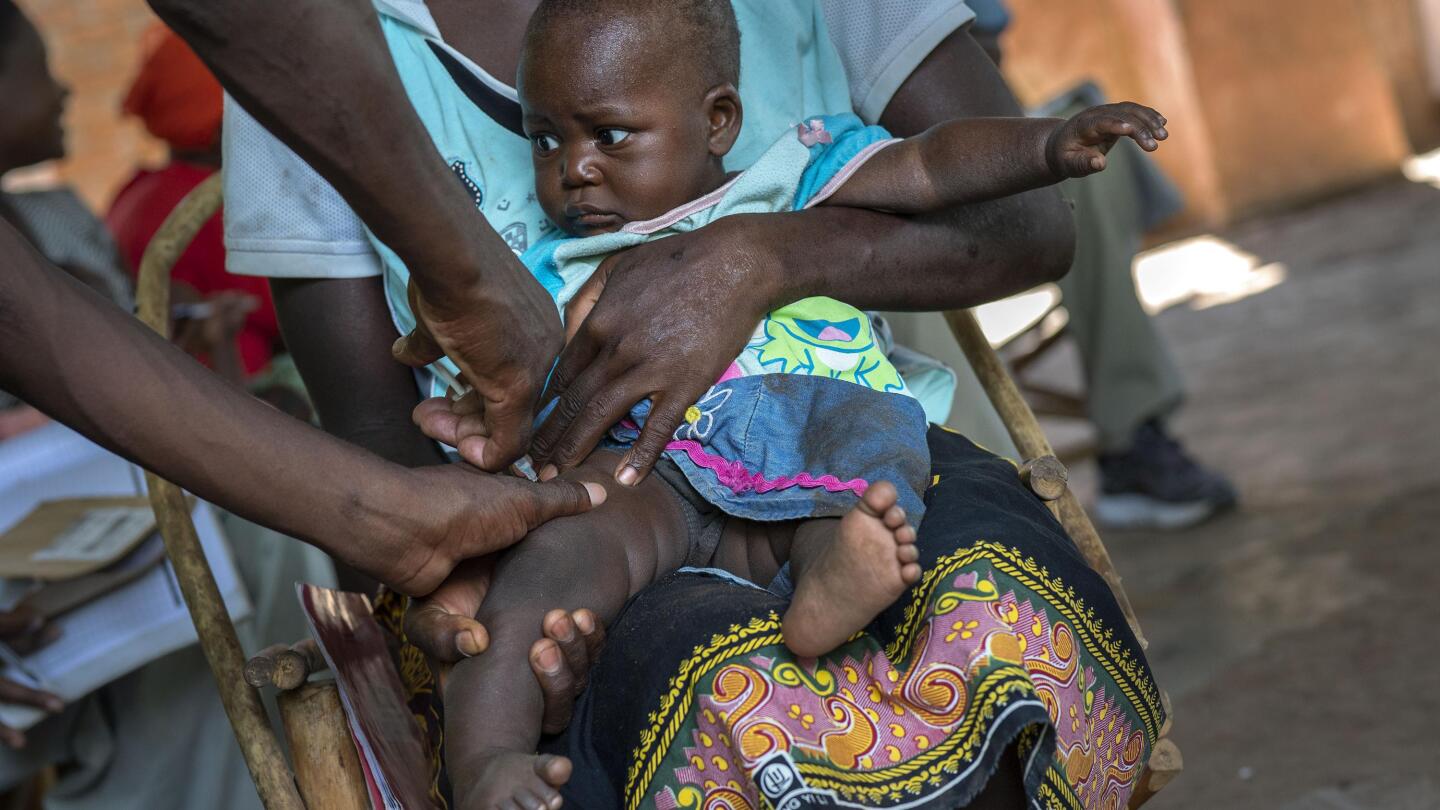
WHO moves to roll out first malaria vaccine in Africa
Associated PressIndia reports 86% fall in cases since 2015, 79% reduction in deaths due to Malaria
The Hindu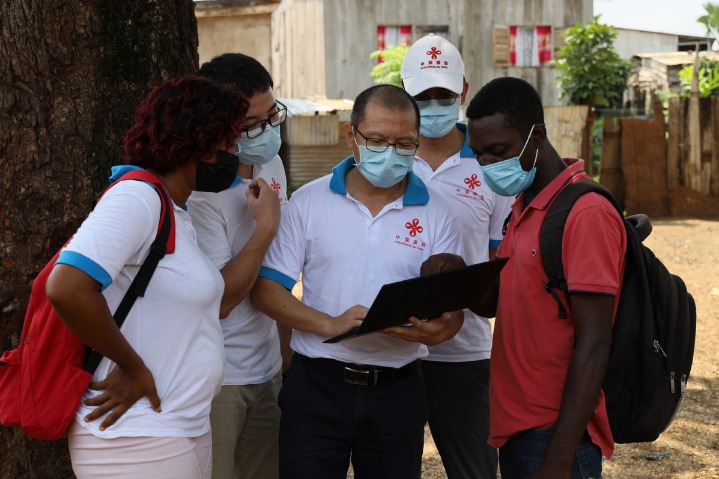
Continuous innovation needed to eliminate malaria
China Daily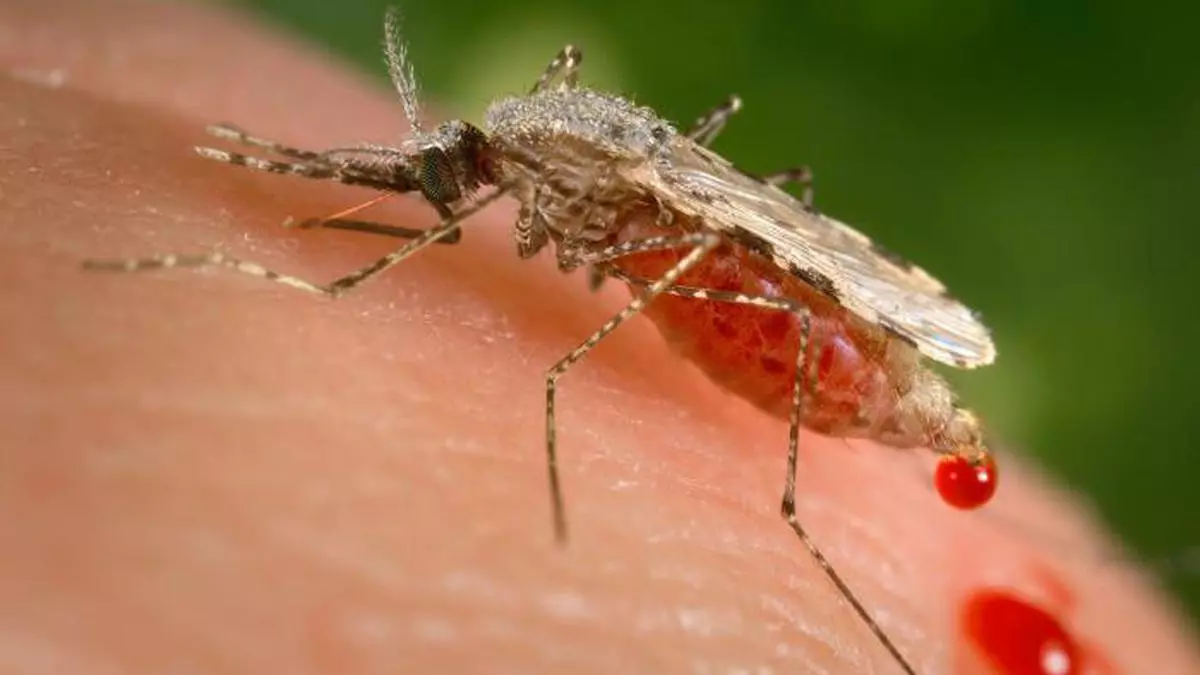
Is India falling short of its deadline of eradicating malaria by 2030?
The Hindu
Can we end malaria within our lifetime?
Al Jazeera
First malaria vaccine hits 1 million dose milestone — although it has its shortcomings
NPR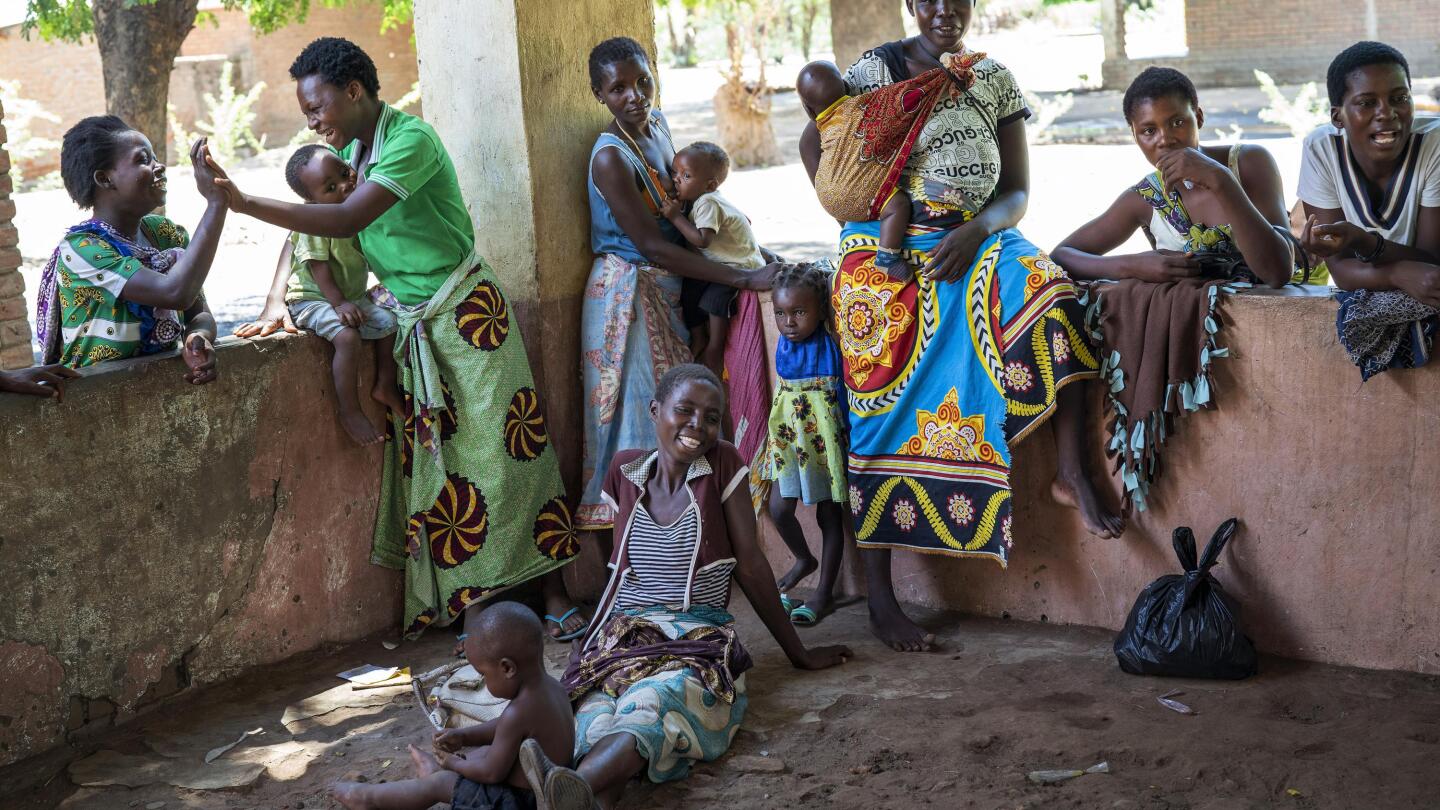
WHO: No ‘doomsday,’ but malaria fight disrupted by pandemic
Associated Press
Malaria fight disrupted by COVID pandemic: WHO
Al Jazeera
More people died of malaria in 2020 than in 2019. Here's why
NPR
Killing the chills: The Hindu Editorial on the malaria vaccine
The Hindu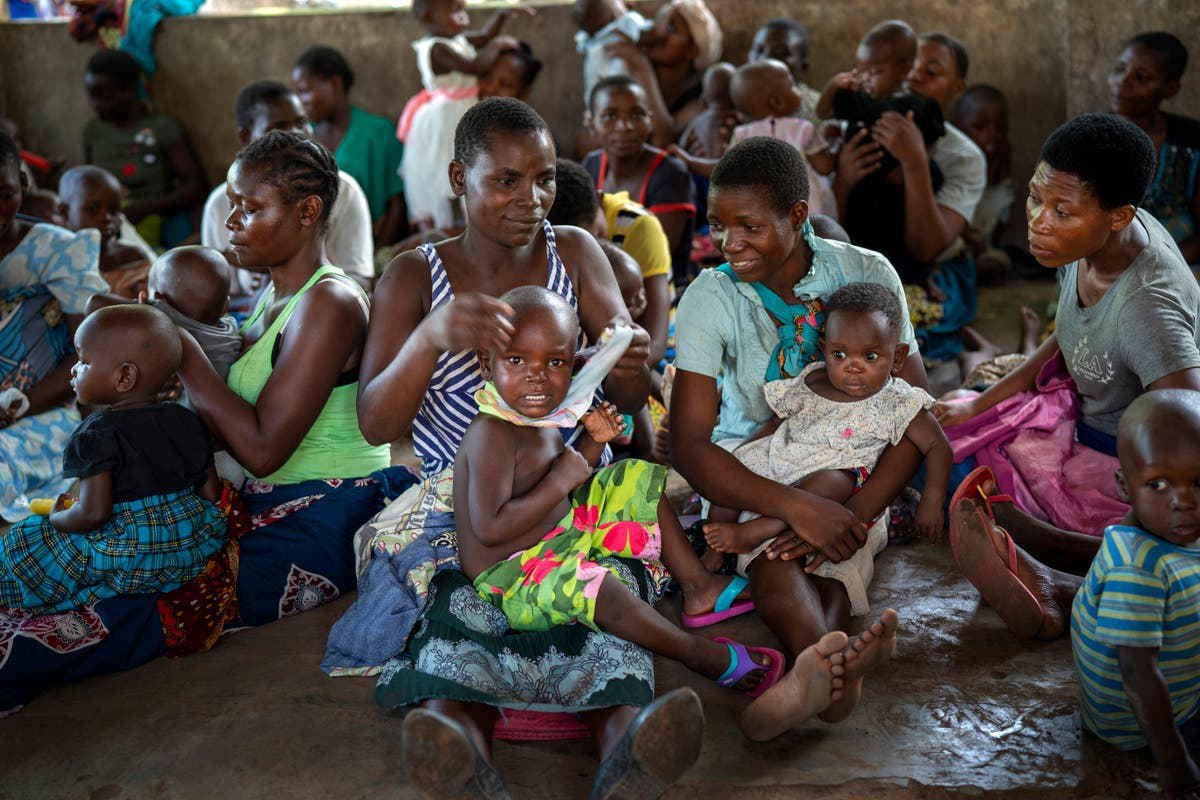
Africa welcomes new malaria vaccine as a 'game-changer'
The Independent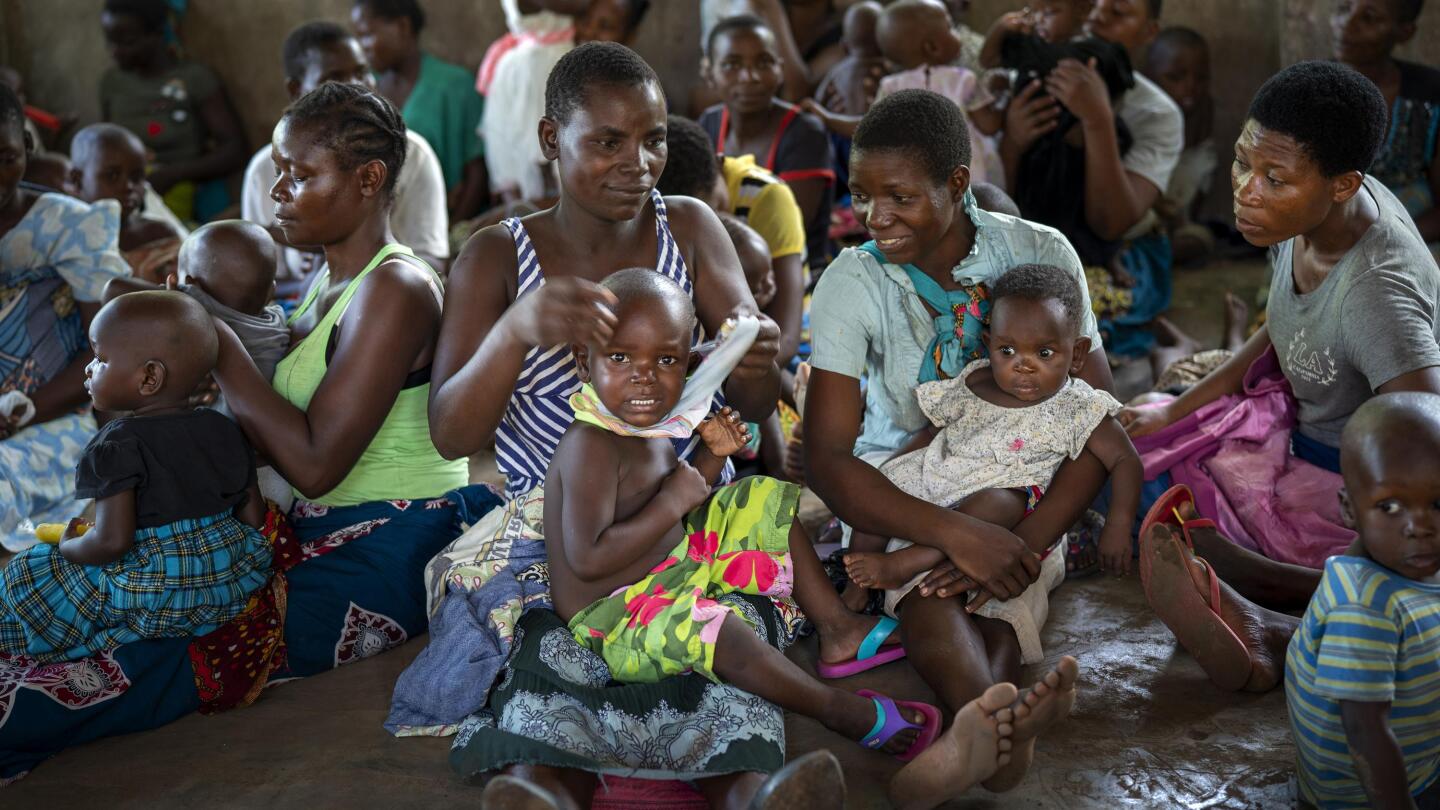
Africa welcomes new malaria vaccine as a ‘game-changer’
Associated Press
EXPLAINED: More Than 30 Yrs In The Making, How Malaria Vaccine Finally Got WHO's Nod
News 18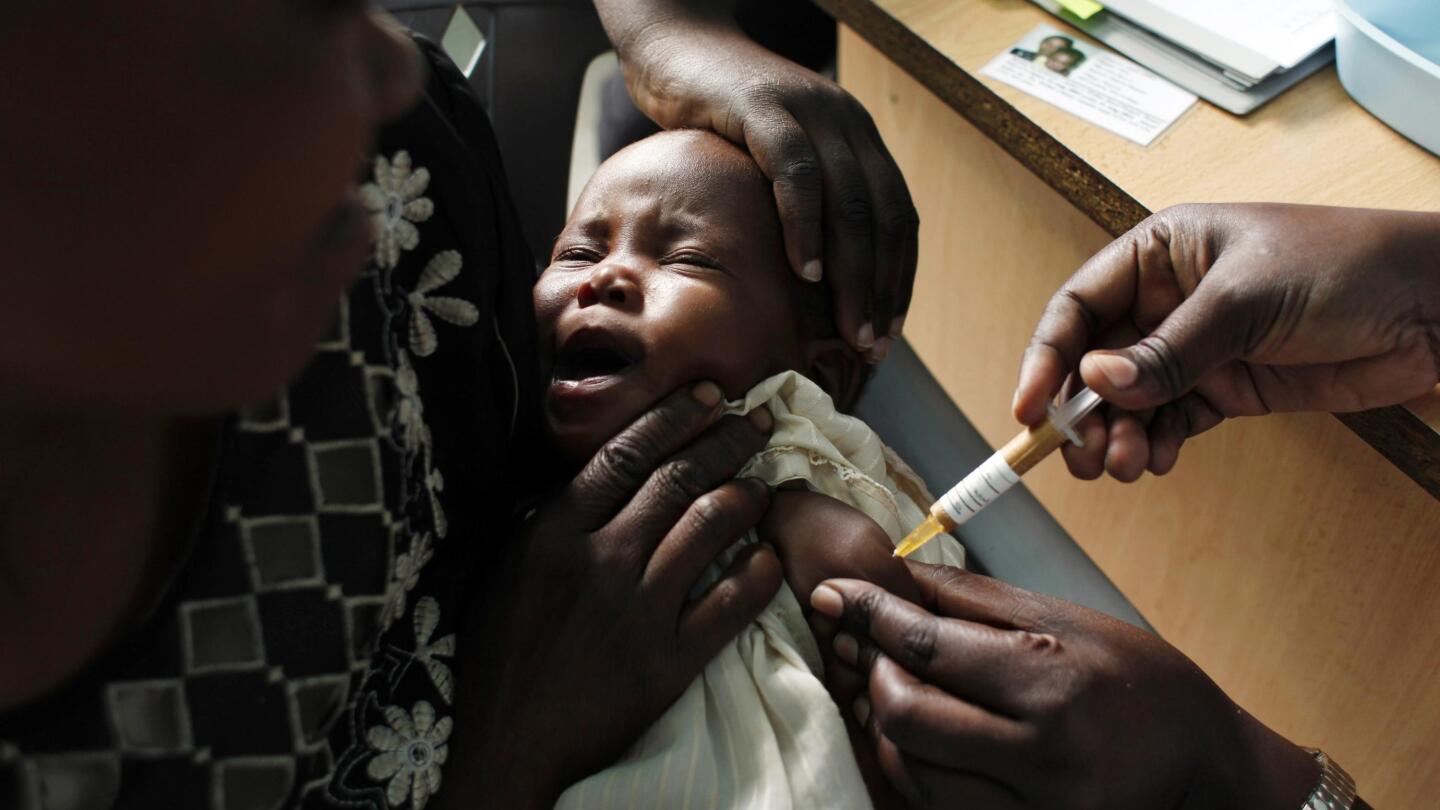
UN endorses world’s 1st malaria vaccine as ‘historic moment’
Associated Press
COVID-19 has ‘devastating’ impact on fight against HIV, TB, malaria: Global Fund
The Hindu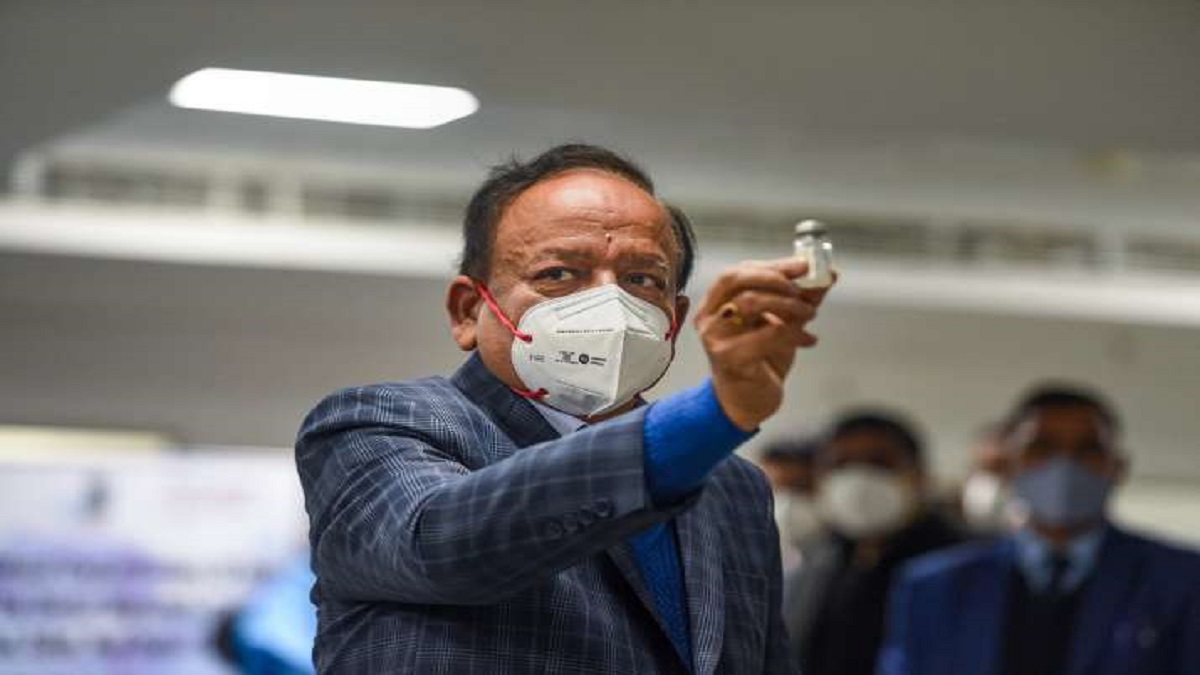
India's 116 districts reported zero malaria cases in 2020: Health minister Harsh Vardhan
India TV News
First evidence drug-resistant malaria mutations gaining foothold in Africa, study suggests
The IndependentDiscover Related



)
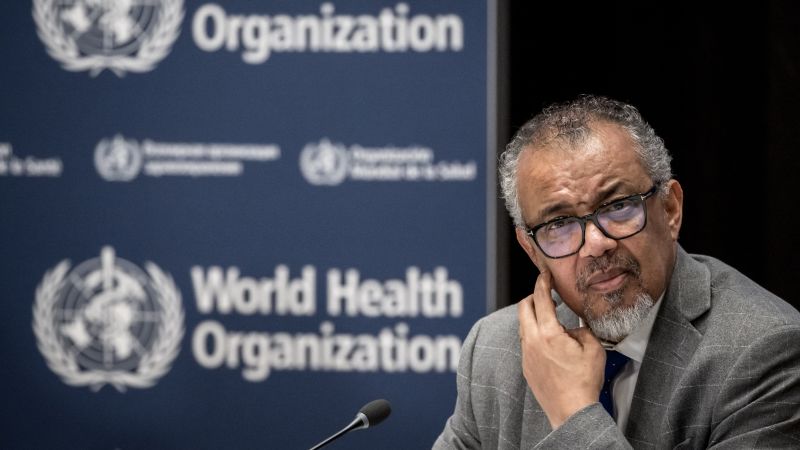










)
